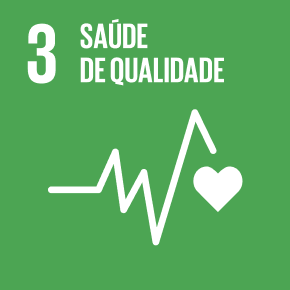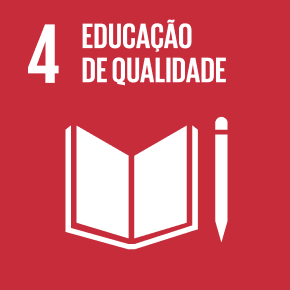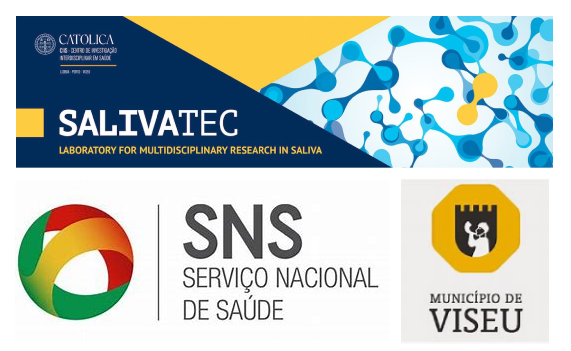Católica Student Presents Project at SciComPt2024 Congress in Braga
Margarida Madureira, a final year student in Biomedical Sciences at the Faculty of Dental Medicine of the Universidade Católica Portuguesa, was present at the SciComPt2024 congress, held in Braga between May 8 and 10. The student presented part of her final degree project, which is in the area of science communication.
The project, carried out under the guidance of Professors Ana Sofia Duarte and Raquel Silva, aims to simplify the concept of epigenetics by creating an illustrated book for children over 7. Margarida's participation in this edition of SciComPt2024, under the theme "Languages and voices for accessible science", represents an important achievement for the student, as well as demonstrating the institutional commitment to academic excellence and the cultivation of science for the common good.
Categorias: Faculdade de Medicina Dentária Center for Interdisciplinary Research in Health
Wed, 22/05/2024



ODS 3
Garantir o acesso à saúde de qualidade e promover o bem-estar para todos, em todas as idades
Saiba Mais


ODS 4
Garantir o acesso à educação inclusiva, de qualidade e equitativa, e promover oportunidades de aprendizagem ao longo da vida para todos
Saiba Mais

